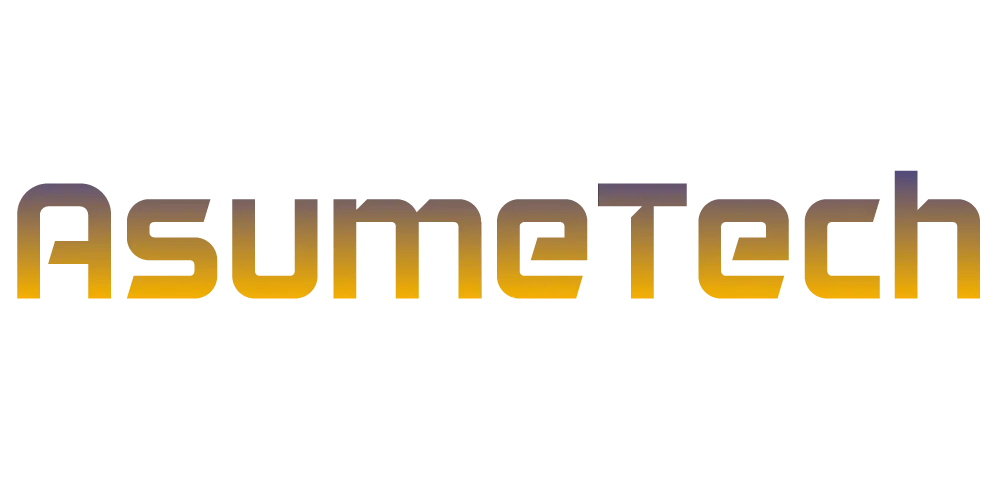Astronomers have warned that stars are disappearing from the night sky before our eyes because the sky is getting 10% brighter every year, according to a major new study.
This means that a large number of stars that were once visible are now hidden from astronomers and the public.
A study published in the journal Science warns that, for example, in places with 250 visible stars, there will currently be only 100 visible stars in 18 years.
The light pollution blocking these stars is growing much faster than we think, despite efforts to reduce it. And this can have serious consequences not only for the vision of the night sky, but also for the environment, with effects on the biological systems of animals, humans and many others.
These are the results of a major new study that analyzed more than 50,000 observations by citizen scientists from around the world made between 2011 and 2022. She sought to fully understand the scope of the problem of “light of the sky” or diffuse night light (the sky caused by anthropogenic pollution).
Until now, changes in sky brightness have been little documented because there is no easy way to collect information from all over the world. To solve this problem, the scientists used information from an app that brings together species from around the world.
This data can be used to collect “macroscopic magnitude” data, which measures the minimum brightness an object in the sky must have in order to be seen.
These measurements show that the brightness of the sky is increasing by 9.6% every year. Previous estimates from satellites showed only a 2% increase in brightness.
Satellites have been used to assess the extent of the problem, although no single instrument that observes the entire Earth can explain how people see the sky.
They are also less likely to see light coming from horizontally, such as from windows, but these sources contribute significantly to the light pollution that people on the ground see.
Remarkably, this is not the first study to reveal the impact of light pollution on our ability to see the night sky. In 2016, scientists discovered that the Milky Way is no longer visible to a third of humanity.
In their conclusion, the researchers pointed out the importance of the role of scientists and citizens in providing such data. They also urge policymakers to use the data, noting that current attempts to reduce light pollution are not preventing the problem from worsening.
Source: Independent

